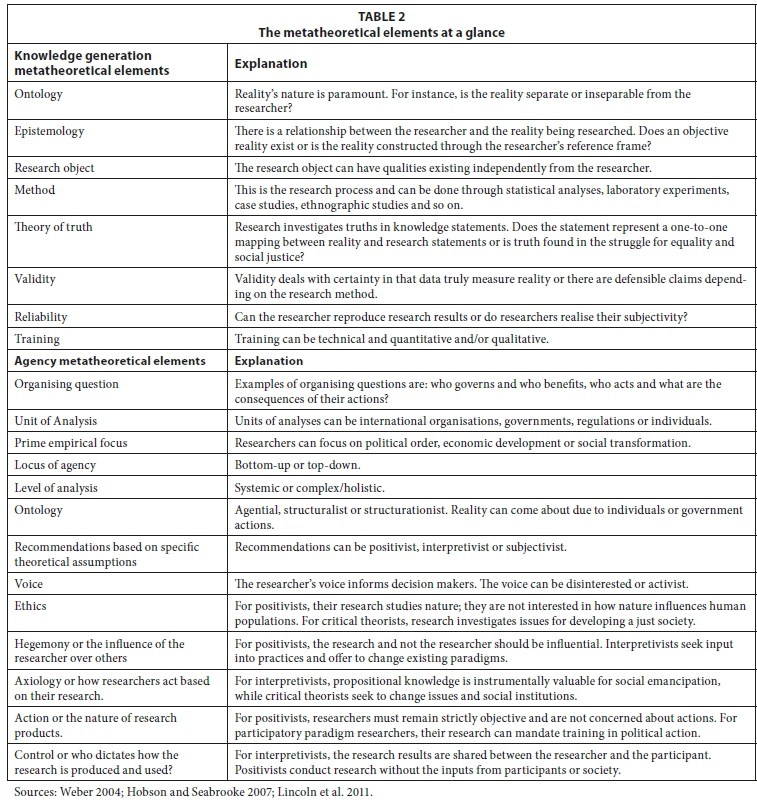Difference Between Positivism And Interpretivism Pdf To Jpg
No notes for slide• (Louisa) Audio: Welcome to our presentation for the Interpretivist Paradigm. William Sleator Singularity Pdf Converter. Sivananda Lahari Telugu Meaning Pdf. Here, we have researched, explored, and discovered the characteristics, foundations, epistemology, ontology, and more about this paradigm. Please join us in dissecting this research method in further detail! Image source: • • NOELLE: Interpretivism revolves around the idea of interpreting - the researcher interprets what they observe, which can sometimes actually be the interpretation of someone else’s interpretation. Reality is subjective and definitely not singular in interpretivism, and the researcher interacts with the research participant as a participant, an observer, or both. We will delve into and explore these words and concepts in more depth throughout our presentation.
Apr 19, 2016. The dominance of these paradigms are Positivism, Post-positivism (Antipositivism), Critical theory, and Interpretivism or Constructivism. The Positivism. The difference between quantitative and qualitative research: - There are different approaches to gather and analyze information. - They examine. Positivism and Interpretivism are the two basic approaches to research methods in Sociology. Positivist prefer scientific quantitative methods, while Interpretivists.
• (Louisa) Audio: The general overview of interpretive research is one that is given from our Week 3’s reading, which is Bhattacharya’s text, Interpretive Research. We wanted to provide some general notes and ideas about this paradigm in order to guide your thinking throughout this method of research. In essence, interpretive research is a framework or practice that is related to human sciences, for instance, it is most often used in Anthropology, Sociology, communications, social work, etc. As discussed in the text, this paradigm is more than just a framework of understanding as several philosophers and theorists have explained it to be something that is “no facts, only interpretations” in our research. Nascar Racing 3 Templates.
Aside from understanding and interpreting our research data, there is a lot of meaning-making that is involved - working hand-in-hand with methods and practices within the social fields. Of course, with that being said, the interpretive paradigm is NOT about explaining and finding purpose! For this particular paradigm, because every individual thinks and interprets information and data differently, this type of research is mostly qualitative rather than quantitative as it is subjective to the researcher, the participants, and other related factors. Image source: • (Louisa) Audio: To continue further into the roots and foundations of Interpretive paradigms, we dove into several articles to find out where this type of research came from. So, the interpretive paradigm was first used and established by Weber’s Verstehen approach, which meant to understand something in its specific context.


Not only this, he recognized another approach that helped to formulate Verstehen, which was Methodenstreit, referring to conflict between methods. This approach might have urged him to produce Verstehen. Further in the interpretive stepping stones were the sociologists at the Chicago School that completed many field observations to formulate a better definition of what this paradigm is composed of.
Lastly, the interpretive paradigm was largely developed by Denzin and Lincoln as they distinguished this field from positivist and postpositivist approaches. The meaning-making that comes from this is the idea that both the researchers and the participants are one team of people that work together to disclose, discover, and experience.
Image source: • (Louisa) Audio: Among the numerous purposes that qualitative research has, the interpretive paradigm has its own agenda that focuses on the society as a whole. Because society is best understood through the use and application of subjective concepts, the purpose of this paradigm is to make meaning of the social realities and contexts that are given.
The goal in this type of research is this”I need this to make sense - how can it make sense? WHY does this make sense? WHAT does this mean?” Basically, the interpretive paradigm intends to gain a better perspective in the development and process of 3 general categories (and more but here is a basic outline): human behaviour and interaction, societal and individual perceptions of the numerous social realities that are visible in our society, and lastly, as discussed, meaning-making - finding the meaning behind these social sciences and structures. This paradigm aims and answering these questions: What are the social meanings, and how are they relatable to people’s social actions? How can we make sense of these structures in a particular context? How do we go about exploring the real people experience?